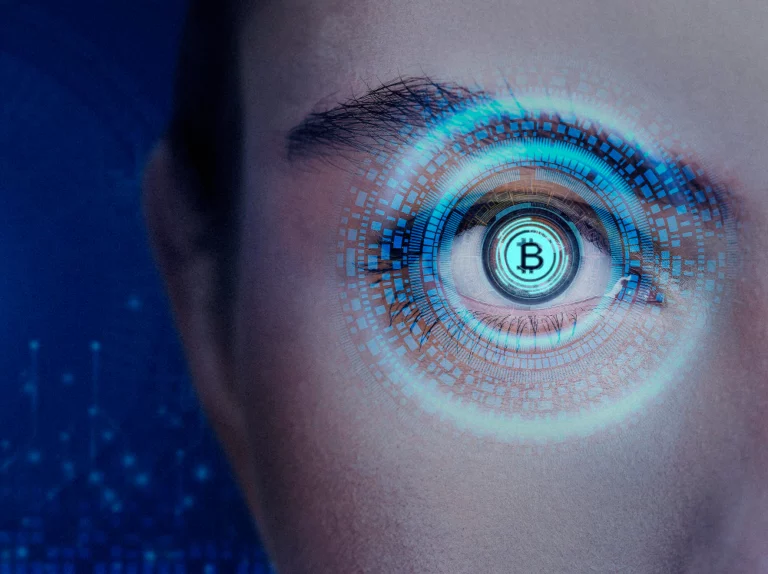Blockchain Digital Identity: The Future of Identity Verification
In a world where identity theft and online fraud are becoming increasingly common, there is a growing need for a secure and reliable system of identity verification. Blockchain technology, with its decentralized and immutable ledger, provides a promising solution to this problem. In this article, we will explore how blockchain can be used to create a digital identity that is both secure and convenient.

In a world increasingly plagued by identity theft and online fraud, the quest for a secure and reliable identity verification system has never been more critical. Enter blockchain technology. With its decentralized and immutable ledger, blockchain offers a promising solution. This article explores the transformational potential of blockchain for creating a digital identity that is secure and convenient.
The Shortcomings of Traditional Verification Methods
Traditional identity verification methods, like passwords and PINs, fall short in the face of sophisticated hacking and phishing attacks. Blockchain changes the game. By anchoring a user’s identity on a decentralized ledger, blockchain makes unauthorized access nearly impossible. This innovation means that sensitive information, including social security numbers and credit card details, gains an unprecedented level of security on the blockchain.
Unlocking Convenience with Blockchain Digital Identity
Blockchain digital identity shines when it comes to convenience. Users can establish a singular digital identity for use across multiple platforms, eliminating the hassle of juggling numerous logins or passwords. This streamlining not only saves time but also mitigates the risk of password fatigue, where the temptation to reuse passwords can compromise security across platforms.
NFTs and the Authenticity Question
The surge of NFTs has revolutionized the art world, offering a digital proof of ownership for artwork, music, and more. Yet, their rising popularity brings concerns over authenticity to the forefront. Blockchain digital identity offers a solution by ensuring the integrity of digital assets, reinforcing trust in the NFT marketplace.
The Portability of Digital Identity
Another hallmark of blockchain digital identity is its portability. Users can effortlessly carry their digital identities, proving their identity when needed without relying on physical documents. This feature is invaluable, especially in scenarios where traditional identity documents are inaccessible.
A Stronghold Against Identity Fraud
Beyond security and convenience, blockchain digital identity is a formidable tool against identity fraud. By leveraging blockchain for identity verification, companies can ensure the authenticity of individual identities, enhancing the accuracy of information and speeding up verification processes like KYC checks.
Exploring Blockchain Digital Identity Solutions
The market is ripe with blockchain digital identity solutions. The Sovrin Foundation, Civic, and uPort are among the pioneers offering decentralized networks and secure, user-friendly identity systems. These solutions underscore the vast potential of blockchain digital identity to redefine online identity verification.
Conclusion
Blockchain digital identity stands at the forefront of redefining online identity verification. Its blend of security, convenience, and portability offers a robust solution to digital age challenges. As blockchain adoption grows, expect to see a surge in innovative digital identity solutions, making online identity verification more secure and straightforward than ever.
Disclaimer
FAQ
Blockchain digital identity is a secure, decentralized system for identity verification. It stores users' identities on a blockchain ledger, making it nearly impossible to hack or tamper with.
By storing identity information on a decentralized ledger, blockchain digital identity significantly reduces the risk of hacking, phishing attacks, and identity theft.
Yes, blockchain digital identity allows users to access multiple platforms with a single digital identity, eliminating the need for multiple passwords and reducing password fatigue.
Yes, several solutions exist, such as the Sovrin Foundation's decentralized identity network, Civic's secure identity verification, and uPort's self-sovereign identity system.


